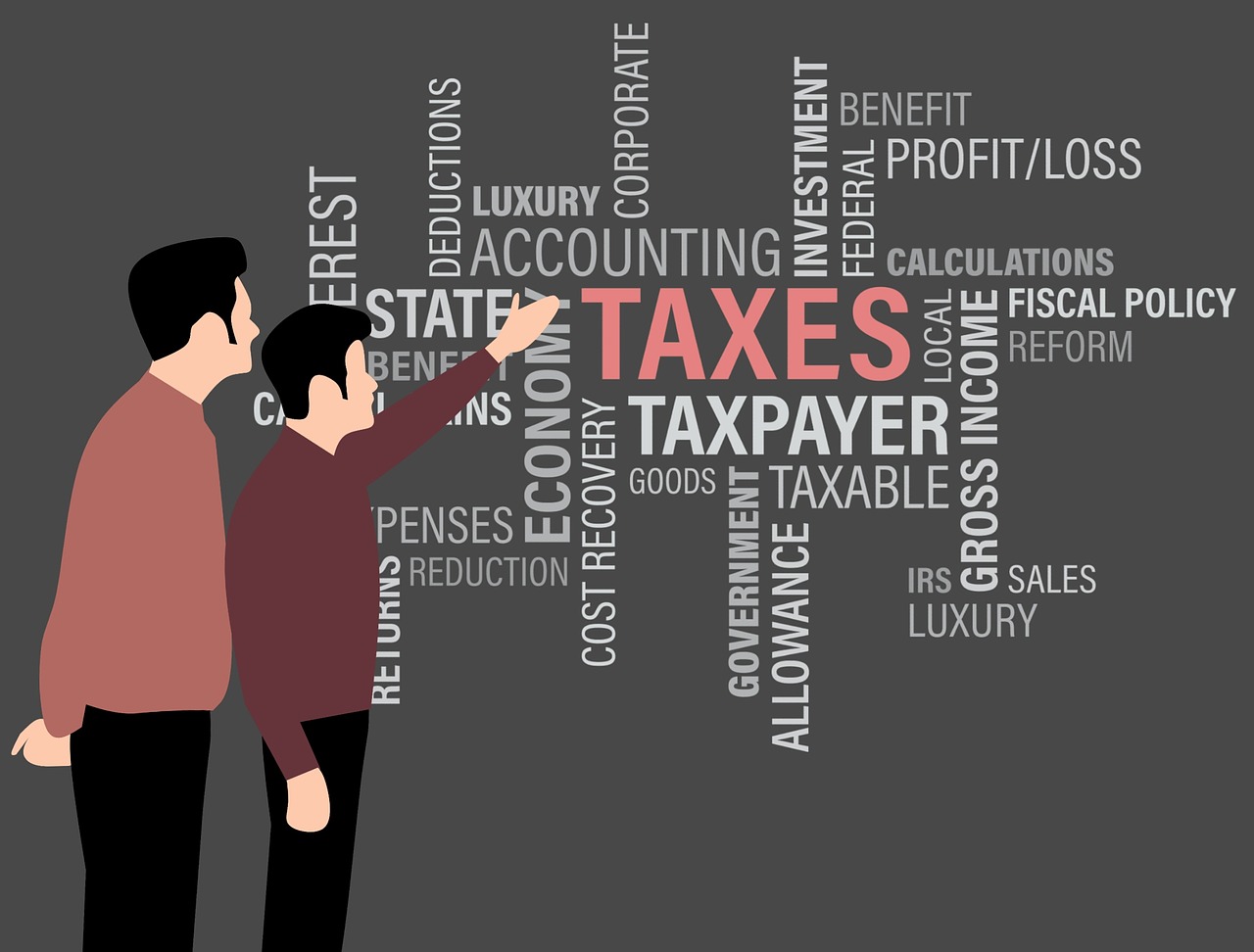Understanding the difference: ‘no GST’ vs. ‘zero-rated GST’ transactions

If you’re a business owner or taxpayer in New Zealand, you’ve likely encountered terms like ‘no GST’ and ‘zero-rated GST’ transactions.
These terms refer to specific tax treatments under the Goods and Services Tax (GST) system in New Zealand.
In this blog post, we’ll break down these concepts in simple terms to help you understand the difference.
No GST transactions
No GST transactions are those where the goods or services provided are exempt from the Goods and Services Tax. In other words, no GST is added to the price of the goods or services. These transactions are outside the scope of GST, and as a result, there is no GST charged.
Some examples of ‘no GST’ transactions include:
- The sale of residential property.
- Certain financial services.
In these cases, GST does not apply, making them ‘no GST’ transactions.
Zero-rated for GST transactions
Zero-rated for GST transactions are transactions where GST is applied at a rate of 0%. This means that GST is charged, but at a 0% rate, effectively making the transaction non-taxable.
Zero-rated transactions are typically related to exports or international sales.
For example, when a New Zealand business sells goods or services to overseas customers, they may be zero-rated for GST. This means that although GST is applied, the rate is 0%, making the transaction tax-free.
In summary, the key difference lies in how GST is applied:
- ‘No GST’ transactions are completely exempt from GST.
- ‘Zero-rated GST’ transactions have GST applied at a 0% rate, making them non-taxable.
Understanding these distinctions is essential for complying with New Zealand’s GST regulations and ensuring accurate financial transactions for your business.
So, even if the product you’re supplying your client is zero-rated for GST, you still have to charge them GST – just at a rate of 0%. This means they pay nothing in GST, but you still have to record these sales in your regular GST returns.
It is peculiar and perplexing, but there you go. If you want to know more about GST or anything else related to your business and tax, we’re happy to answer your questions.
